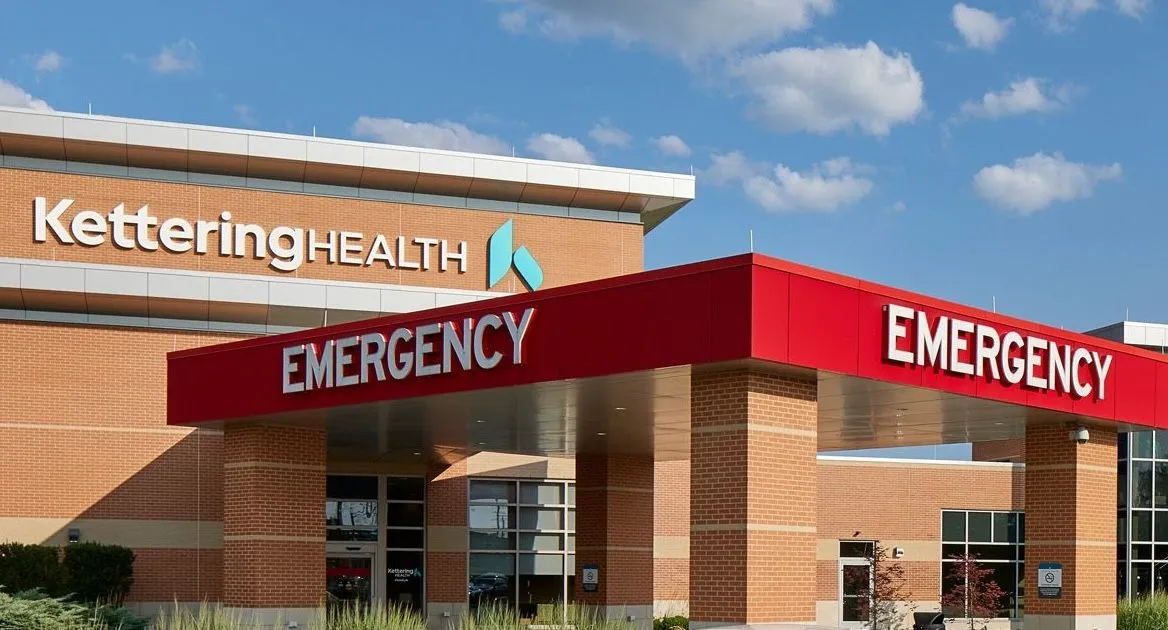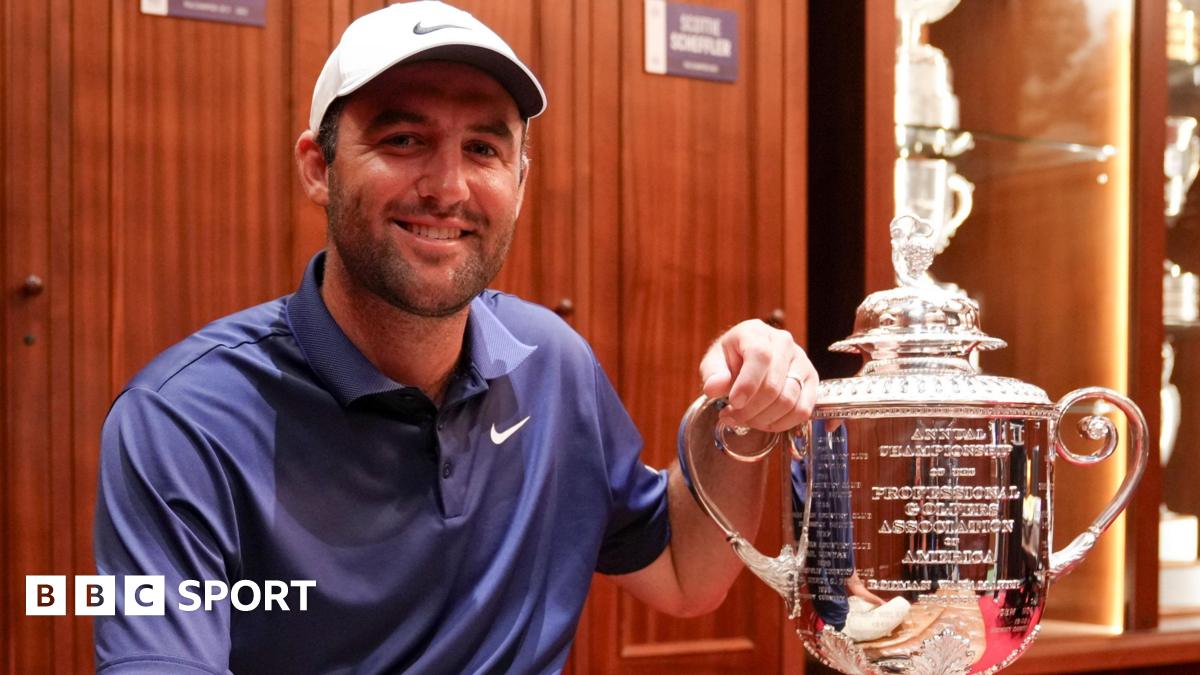The most recent Tennessee Child Health Poll found that nearly 1 in 3 Tennessee children had a mental health diagnosis, including 17% diagnosed with anxiety and 10% with depression.
Rates of anxiety and depression have risen steadily since the poll began in 2019.
More than 50% of parents of children who have been diagnosed with a mental health condition reported that their children do not receive mental health services.
Monroe Carell Jr. Children’s Hospital at Vanderbilt wants to be part of the solution for the children and adolescents receiving care here.
Currently there are psychologists who are dedicated to a wide range of specialty areas within Monroe Carell including primary care, GI, endocrinology, hematology/oncology, cardiology, cranio-facial, cystic fibrosis, spina bifida, transplant, rheumatology, anesthesia/pain, and allergy, as well as the emergency department (ED) and pediatric intensive care unit. These psychologists work with the medical team and families to help support patients during their hospital visits and in coping with and treating their medical diagnosis.
“Integrating behavioral health support through embedding psychologists into our hospital and primary care reinforces what we know is true — the idea that health is not just about physical health, but mental, emotional and behavioral as well,” said Jenn Stewart, PhD, assistant professor of Clinical Pediatrics in Pediatric Psychology at Monroe Carell. “The growing mental health needs among children and adolescents have placed us on the front lines of providing essential care.
“The need for mental health screenings and interventions is growing. We hope to continue to grow our division to meet the needs of patients and families being seen at Monroe Carell,” said Stewart.
Stewart says the pediatric psychology division grew rapidly as a result of the COVID-19 pandemic, which saw epidemic levels of mental health needs.
May is Mental Health Awareness Month. It has been observed since 1949 in the United States with goals of highlighting the importance of mental well-being, educating the public, reducing the stigma around mental health and supporting those affected by mental health conditions.
- 1 in 6 U.S. youth have a mental health condition, but only half receive treatment.
- 50% of all lifetime mental illness begins by age 14.
- In 2023, 20% of all high school students seriously considered suicide.
“Incorporating a psychologist to work alongside our pediatric primary care clinic has enhanced the comprehensive care we provide to the children and families we serve,” said Adriana Bialostozky, MD, associate professor of Pediatrics at Monroe Carell. “Making this an integral part of our team helps reduce stigma, build trust and normalize mental health care, making it more accessible and approachable for families.”
The psychologists help support patients and families as well as staff, medical residents and providers by fostering a supportive, multidisciplinary environment leading to better mental health outcomes, said Rebecca Swan, MD, professor of Pediatrics and vice chair for Education.
“Our residents, attendings and advanced practice providers identify patients who would benefit from our psychologist during a preclinic huddle, evidence-based screening or through the process of the actual visit,” said Swan, who holds the Dr. William R. Long Directorship in Pediatric Medical Education. “Warm handoffs are provided, and she offers same day interventions with her assessment educating the providers as well as reassuring the patient and family.”
According to staff, the presence of psychologists has decreased the need to refer patients to the ED while providing appropriate referrals and connections to community resources.
“What I love is that I am often a family’s first interaction with mental health, and if I can make that a positive experience, they may be more likely to seek support in the future,” said Stewart, who works at Vanderbilt Children’s Primary Care One Hundred Oaks. “When concerns arise, even around mental health, families often turn to their pediatrician for help, and it makes sense to have psychologists available to meet families in these spaces to address questions around mental health and provide intervention while they are here.”









 English (US) ·
English (US) ·